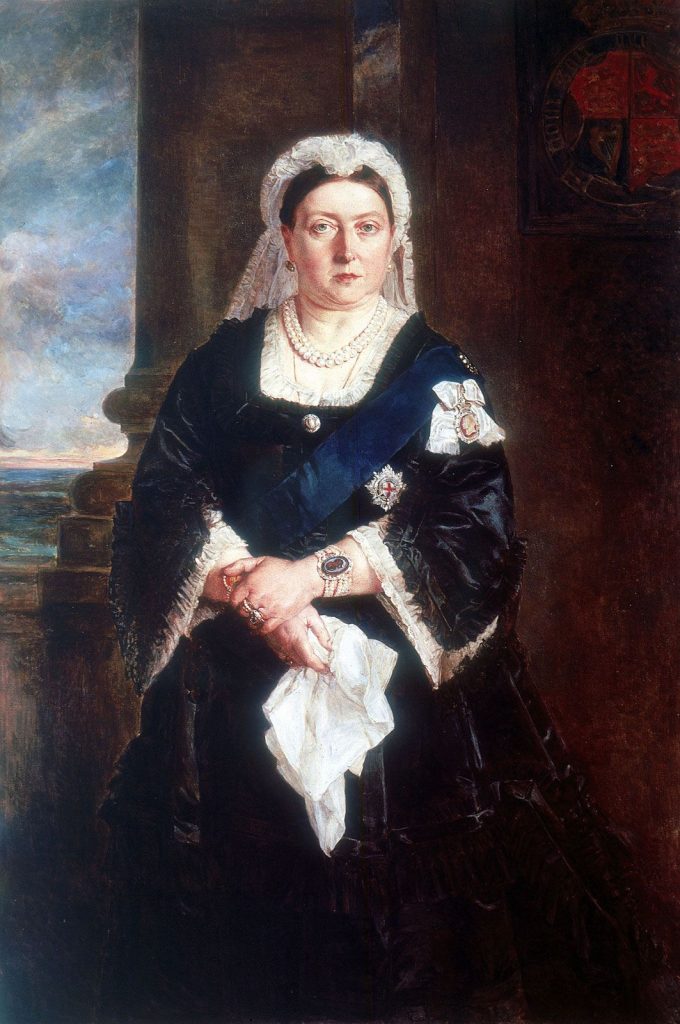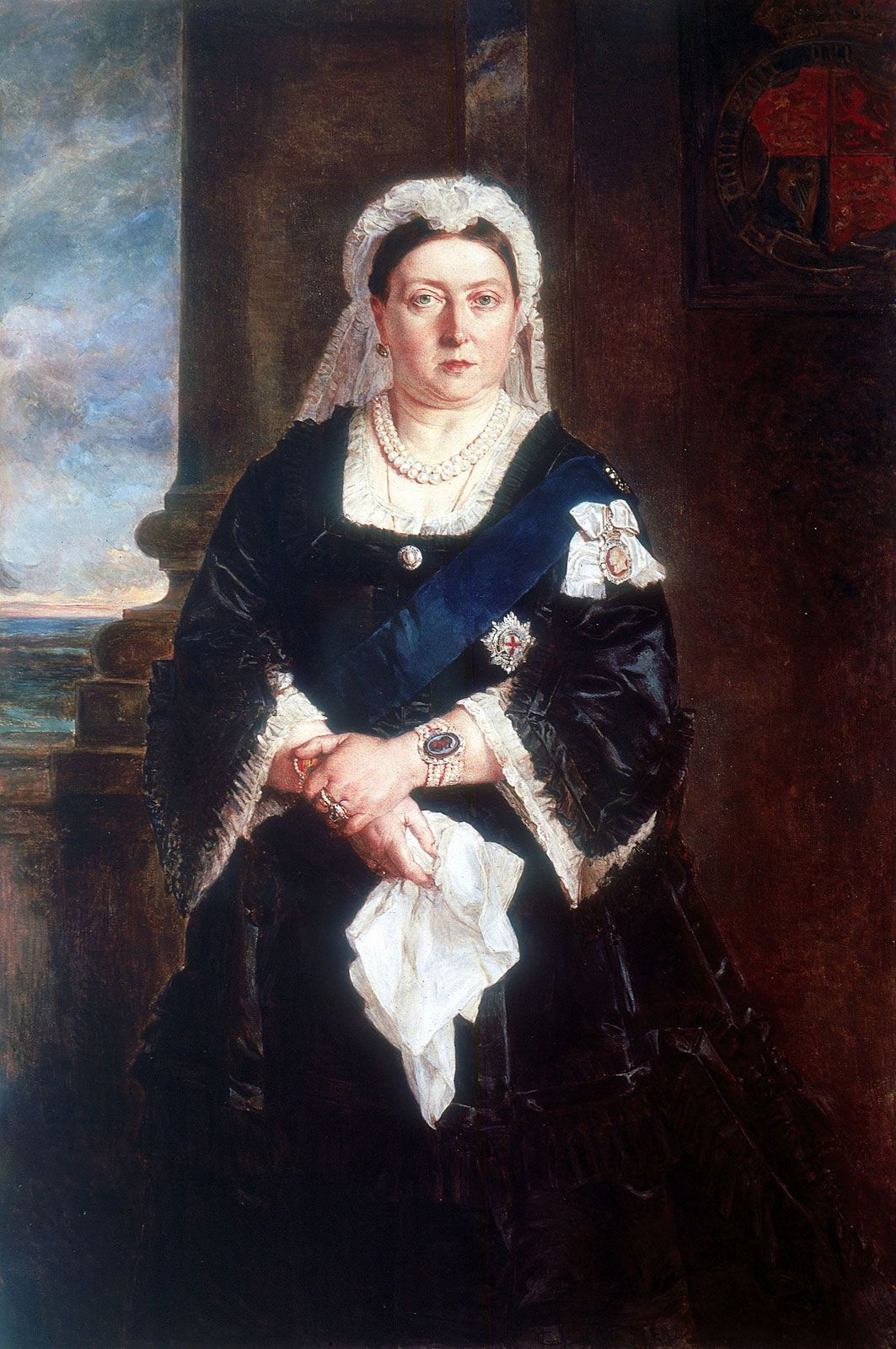
“Historic Victorian Audio Recordings Offer an Exceptional Glimpse into History”

# Revealing Echoes from History: Victorian-Era Recordings Offer New Audiences an Intriguing Insight into the Past
There is an unparalleled excitement in listening to voices that resonate from the annals of history. Thanks to innovative technology and the creativity of 19th-century inventors, certain voices from the Victorian era—an epoch marked by industrial advancement and cultural evolution—have been preserved for our aural enjoyment. A recent video from the **Kings and Things** YouTube channel delves into genuine voice recordings from over a century ago, providing an uncanny yet enchanting glimpse into the manner in which Victorians communicated and interacted with their environment.
The recordings, captured using Thomas Edison’s groundbreaking wax cylinder phonograph, exemplify humanity’s aspiration to overcome time, conserving voices that could have otherwise slipped into obscurity. At the core of this technological achievement is the narrative of Colonel George Edward Gouraud, a figure who not only brought the phonograph to Britain but also facilitated the preservation of the voices of notable historical personalities.
### **A Voyage to Victorian England**
The video commences with a historic address by Colonel George Gouraud himself, recorded during a banquet in London on October 5, 1888. While the audio quality reflects the experimental essence of the era’s sound technology—soft, textured, and at times otherworldly—the precision with which Gouraud’s voice and even his occasional throat-clearing are recorded is truly extraordinary.
Gouraud, a French-American descendant of inventor François Gouraud, played a pivotal role in promoting Thomas Edison’s phonograph. This revolutionary apparatus, refined in the 1880s, recorded sound on wax cylinders, a state-of-the-art medium at that time. Gouraud’s unveiling of the device in Britain was a grand occasion, featuring opulent gatherings where Victorian elite marveled at this technological wonder. Among those who encountered the phonograph was composer Sir Arthur Sullivan, who shared a blend of awe and apprehension, famously stating that he was “amazed and somewhat frightened” by the phonograph’s capacity to immortalize voices.
### **Voicing the Luminaries of an Era**
In showcasing Edison’s invention, Gouraud recorded several distinguished contemporaries, such as celebrated Shakespearean actor Henry Irving, poet Robert Browning, and Cardinal Manning, who was then the Archbishop of Westminster. However, Gouraud’s vision extended beyond merely entertaining high society—he recognized the phonograph’s potential as a historical archive, ensuring that the voices of pivotal figures would outlive their earthly existence.
Other trailblazing recordists of the Victorian period also aimed to enshrine their illustrious subjects. The social reformer Florence Nightingale, for example, has her voice captured in an early recording where she thoughtfully reflects on her years of commitment to nursing the ill and injured. Similarly, recordings linked to Queen Victoria capture interest, although the surviving recording is so damaged from frequent use that its authenticity is disputed.
These recordings stand out because they not only document what was said but also convey subtle nuances of delivery, revealing aspects of Victorian oratory, speech habits, and individual character. For present-day listeners, who are accustomed to digital sound and pervasive voice recordings, these wax cylinder captures feel like spectral whispers from a bygone era, connecting the Victorian age to our contemporary reality.
### **The Phonograph: An Innovative Breakthrough**
Thomas Edison’s development of the phonograph in 1877 was nothing less than groundbreaking. By imprinting sound waves onto wax cylinders, the device created the first opportunity for sound to be recorded, replayed, and preserved. The technology gained significant attention throughout the 1880s as improvements enhanced audio quality and accessibility. Gouraud’s advocacy for the phonograph in Britain was crucial in not only introducing sound recording to Europe but also emphasizing the notion of preserving sound as an essential historical endeavor.
Through Gouraud’s recordings and demonstrations, the phonograph evolved from a mere curiosity to a pivotal instrument in communication, media, and historical documentation. Nowadays, these early recordings are valued not just as rare cultural treasures but as foundational milestones in modern sound recording techniques.
### **The Importance of Experiencing the Past**
For today’s audiences, engaging with Victorian voices transcends mere listening—it establishes an essential human connection across temporal divides. The voices express not only what individuals communicated but also their emotions, demeanor, and even their interpretation of the recording process. The impact of hearing Florence Nightingale ponder her contributions or Robert Browning deliver poetry is noteworthy. It transforms these historical figures into vibrant, living beings, far removed from the flat images encountered in textbooks or exhibits.
Furthermore, these recordings are of significant value to linguists and historians, as they offer genuine documentation of the sounds, rhythms, and nuances of Victorian English. How Victorians articulated—whether with clipped formality, poetic cadence, or the heartfelt sincerity of a reformer—provides insight into